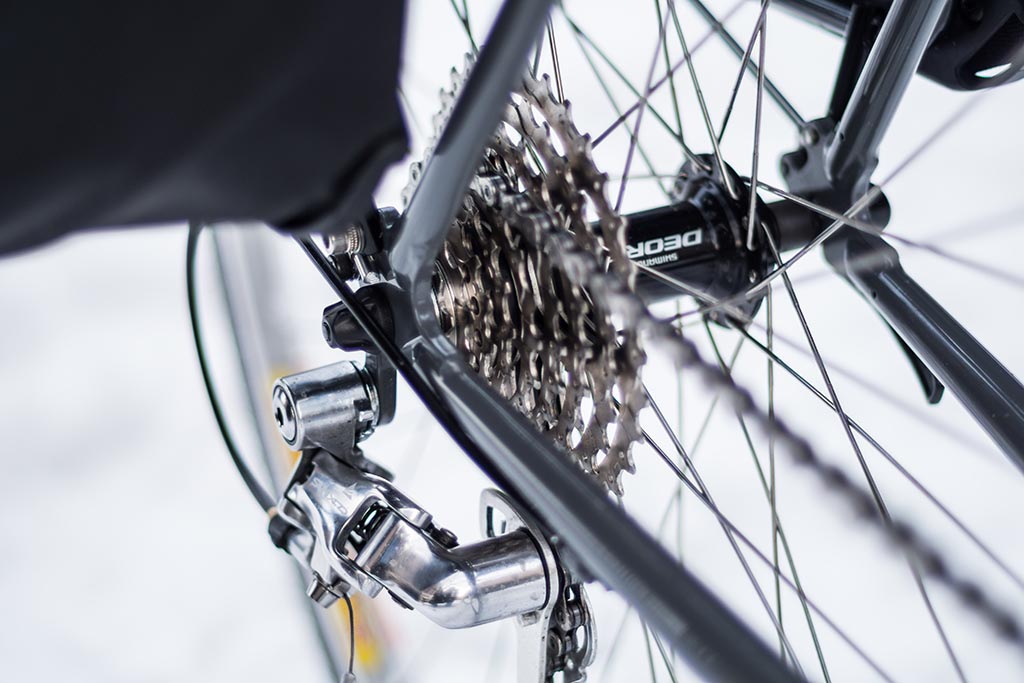The Idaho Stop – It may be a strange colloquialism to many, but for many more it is used to describe rolling through a stop sign instead of stopping fully. While many cyclists are guilty of engaging in an “Idaho Stop,” a new DePaul University study suggests it might actually be safer than coming to a full stop.
The term Idaho Stop comes from the change in Idaho cycling laws that changed the rules from cyclists, being one of the first states to deviate from the rules that govern motorists. A year after Idaho enacted different rules for cyclists including their rolling stop, injuries and cyclist accidents were down 14 percent.
While it is the law in Idaho, in other states, cyclists are still required to come to a full stop, but you are likely among the many law breakers that don’t. Rolling stops allow cyclists to get ahead of traffic and gain better visibility among the mass of cars. Instead of punishing cyclists that want those benefits even though it means breaking the laws, why not just change the laws? That is a question that many cities, like Chicago, are now asking themselves as the safety benefits of Idaho Stops come to light.
Have you been in an accident because the law requires you to make a full stop at red lights and stop signs? Were you hurt by the negligence of a motorist? We can help. The Law Office of Gary Brustin is dedicated to representing the rights of cyclists that were hurt doing what they love and just trying to get around.



